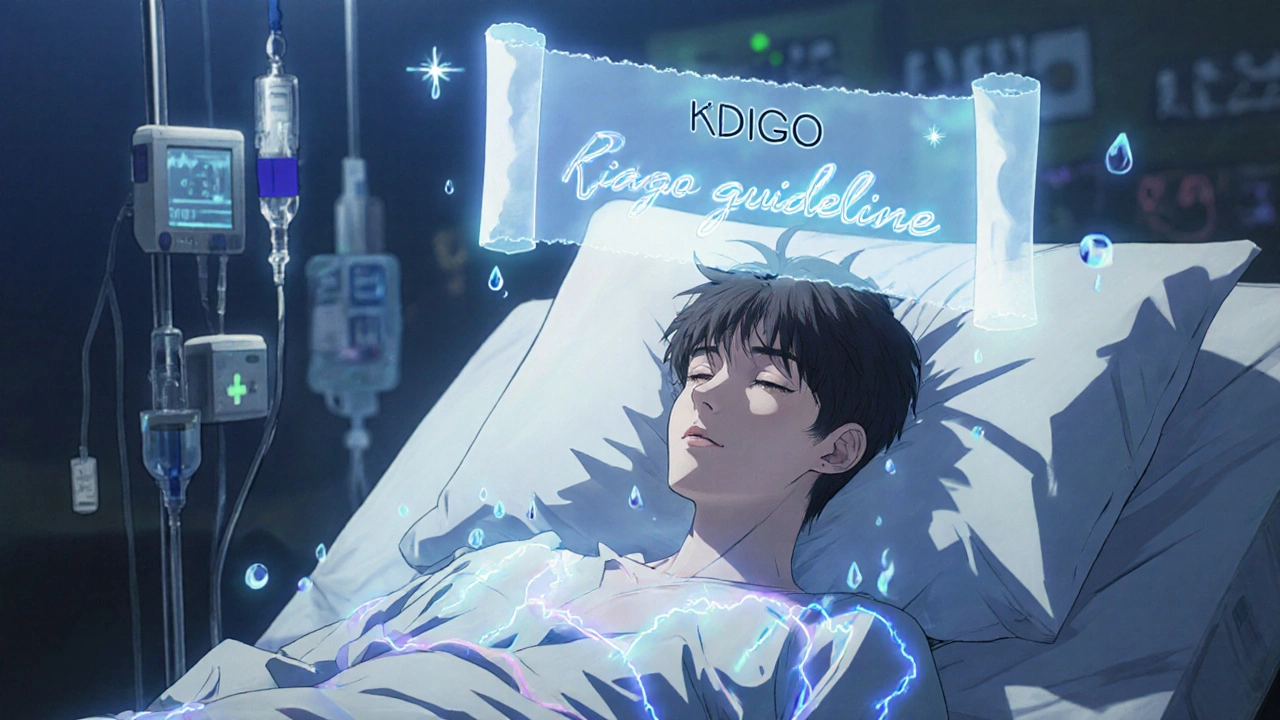Serum Creatinine: What It Tells You About Kidney Health
When your doctor orders a blood test and mentions serum creatinine, a waste product from muscle breakdown that filters through the kidneys. Also known as blood creatinine, it's one of the most common ways to check how well your kidneys are working. If this number is off, it doesn’t mean you have kidney disease right away—but it’s a red flag that needs looking into.
Your kidneys act like filters, cleaning out creatinine and other toxins from your blood. When they’re not working well, creatinine builds up. That’s why creatinine levels, measured in milligrams per deciliter (mg/dL) are a direct clue to kidney function. Normal levels? Around 0.6 to 1.2 mg/dL for most adults, but it varies by age, sex, and muscle mass. A person with more muscle—like an athlete—might naturally have higher levels, while older adults or people with low muscle mass often have lower ones. That’s why doctors don’t look at creatinine alone. They combine it with other numbers like eGFR, estimated glomerular filtration rate, which calculates kidney filtering capacity using creatinine, age, sex, and race to get the full picture.
High serum creatinine doesn’t always mean damage. Dehydration, certain medications like NSAIDs or some antibiotics, and even a high-protein diet can push it up temporarily. But if it stays high over time, it could point to chronic kidney disease, diabetes, high blood pressure, or even blockages in the urinary tract. That’s why tracking trends matters more than a single number. If your creatinine has been creeping up over months, your doctor will dig deeper—maybe order urine tests, imaging, or check for protein in your urine, which is another sign of kidney stress.
What you’ll find in these articles isn’t just textbook definitions. You’ll see real cases: how someone with diabetes learned their creatinine was rising and changed their meds, why a patient on multiple drugs had to adjust their list to protect their kidneys, and how even common supplements like creatine can affect test results. There’s also guidance on what to ask your doctor, when to push for more testing, and how to avoid things that make kidney function worse—like skipping water or mixing OTC painkillers without knowing the risks.
These posts don’t just explain the numbers. They show you how serum creatinine fits into the bigger story of your health—whether you’re managing a long-term condition, recovering from an illness, or just trying to stay ahead of problems before they start. What you learn here can help you speak up, ask better questions, and understand what your body is telling you through a simple blood test.

Acute Kidney Injury: Sudden Loss of Function and Recovery
Finnegan O'Sullivan Nov 19 9Acute Kidney Injury (AKI) is a sudden loss of kidney function that can be reversed if caught early. Learn the signs, causes, recovery chances, and how to prevent long-term damage.
More Detail